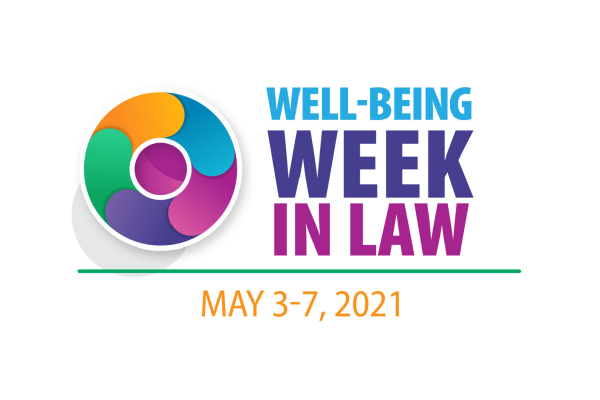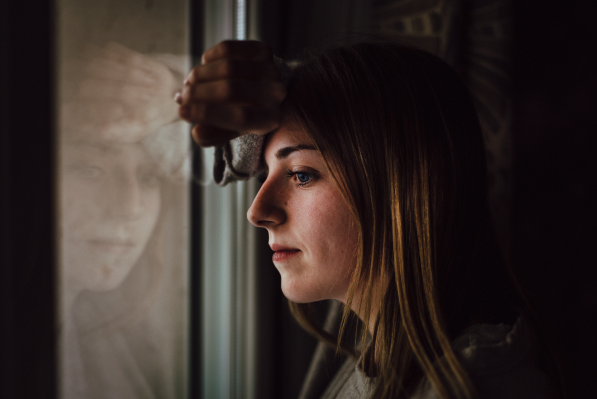Getting regular, quality sleep is one of the most important factors in good physical and mental health. Our bodies need sleep in order to repair and refuel our energy. While many of us use caffeine and sugar to replace the energy we should have gotten from a good night’s sleep, nothing can replace the benefit of a night of quality sleep. And while it seems simple, regularly getting quality sleep is difficult to do. Any parent can tell you that a full night’s sleep is more of a fantasy than a reality. However, there are some practical tips (generally called Sleep Hygiene) that can help you improve your sleep experience.
Practical habits to improve your sleep hygiene:
- Create a routine for preparing to go to bed: Be predictable in terms of time (try to make your bedtime the same every day of the week), behaviors (do the same set of behaviors in prep for bedtime – brush teeth, wash face, PJs, etc.), and setting (sleep in the same place, reduce noise, adjust lighting, create a calm space).
- Keep your phone out of your bedroom, and shut off screens 30 minutes prior to bed: Bright screens stimulate our eyes and brains. Our brains need some time to adjust to a more restful state.
- Turn clocks away from view: If you have trouble going to sleep, or getting back to sleep, looking at the clock usually gets in the way of relaxing. Our minds typically start to do math to see how many potential hours we have left to sleep. In addition to stimulating our brains with math, this can also cause anxiety about how you are not getting enough sleep, thus causing us to stay awake longer.
- Avoid doing other activities in bed (make a strong association between your bed and sleep): The more you can reserve your bed for just sleeping, the stronger your brain will associate your bed with sleep. Try to cut out reading, internet, texting, tv/movie watching, and other activities in bed.
- Reduce anxiety prior to going to bed: If you have a list of things that run through your mind as you try to fall asleep (things you are worried about, a to-do list, fears about tomorrow, etc.), try giving yourself time to think about those things prior to getting into bed. Try some problem solving techniques to reduce your anxiety (make an actual to-do list, practice acceptance, use anxiety coping skills, etc.).
- If you struggle to fall asleep, a final tip to reduce anxiety is to tell yourself that you want good sleep, but you do not need good sleep. Remind yourself that you’ve survived tired days before. If you do not get good sleep one night, that’s okay. Taking the pressure off is key.
Obviously, when you are struggling to sleep it is counterproductive to spend time worrying about it. That, after all, will only cause you to stay awake thinking about how you are not getting sleep. So remember: 1. Having trouble getting good sleep is temporary, 2. You can function without good sleep, and 3. The less you worry, the calmer you will be, and the better sleep you will get.
Find 17 Tips for Better Sleep from Healthline here.
Shawn Healy, PhD



